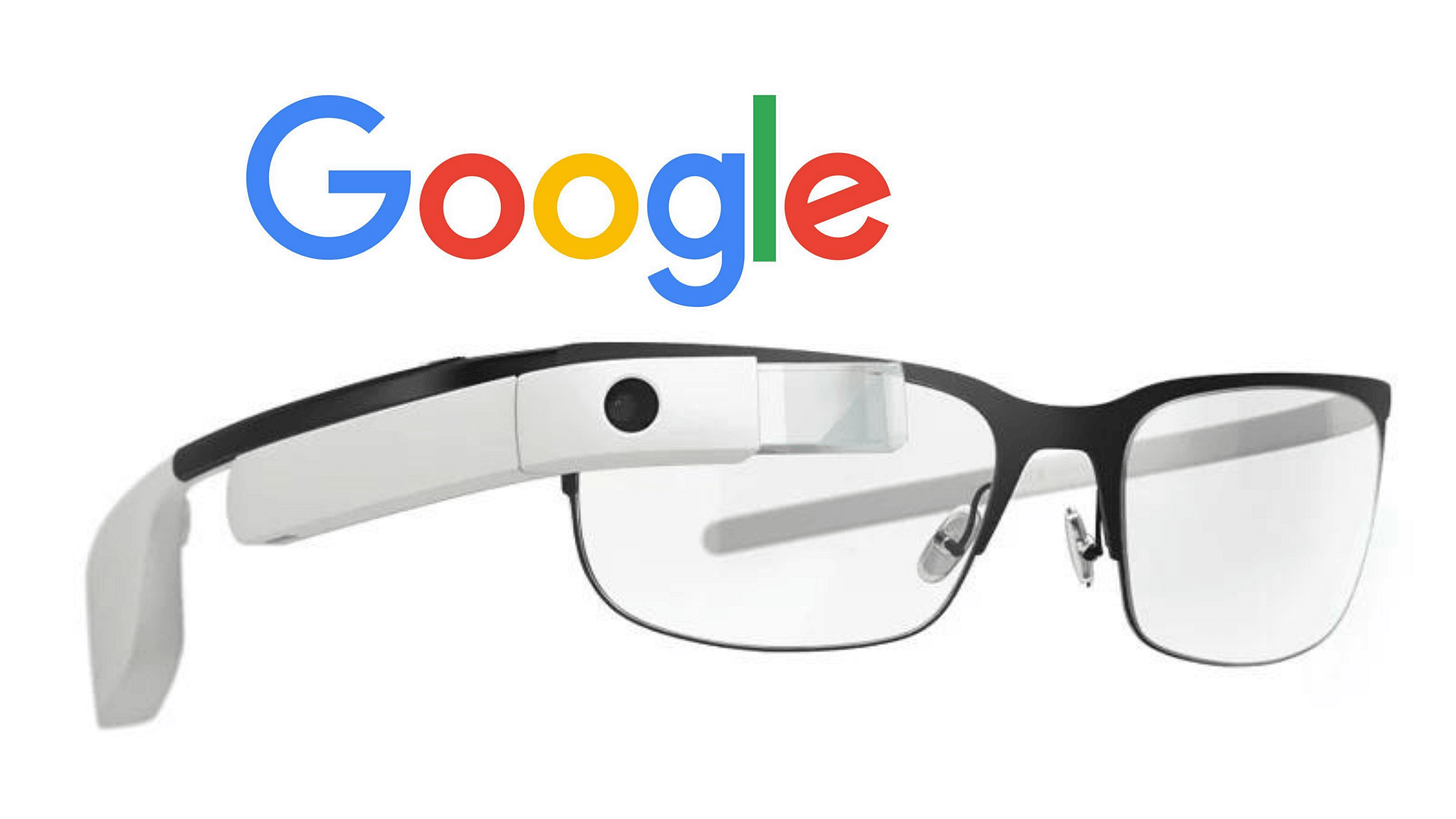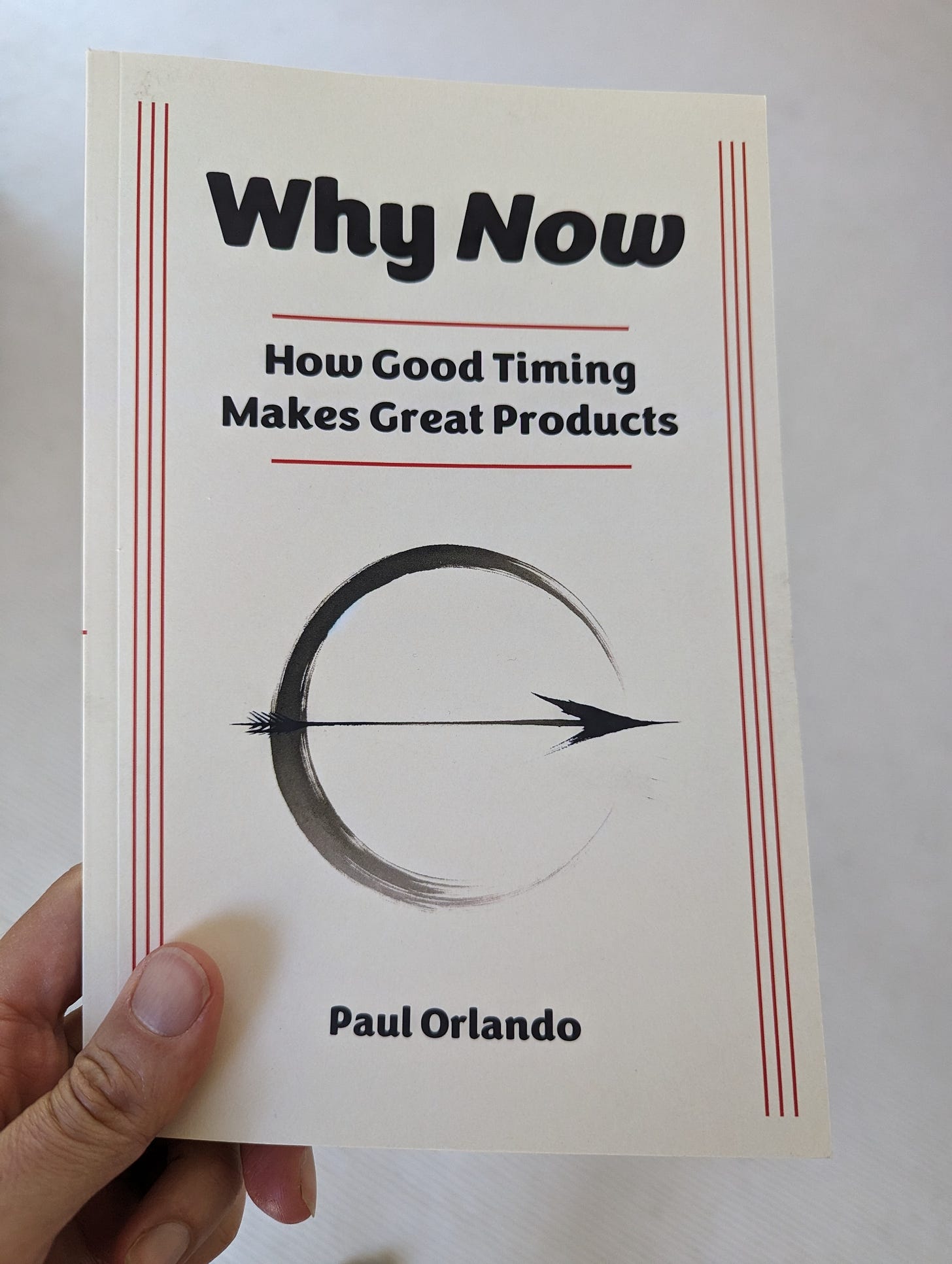Why Timing Matters More Than Ideas in Startup Success
The real difference between pioneers and winners.
Uncharted Snippets 🔎
Quick hits on what’s happening and why it matters:
TikTok’s $100M Black Friday Flex
TikTok Shop crushed it this Black Friday with $100M in sales and 4 billion #tiktokshopblackfriday views. Even small businesses got a slice of the pie.
For founders, TikTok isn’t just a platform—it’s a market-making machine. Can this momentum outlast looming bans in the US?
Is Bluesky The Twitter We Actually Missed?
Bluesky is stealing the spotlight from X. It’s fun, weird, and troll-free—the Twitter we loved before algorithms ruined the vibe. Millions are switching to Bluesky for nostalgic vibes and real moderation. Nostalgia sells, but execution sustains. If Bluesky keeps the trolls out, it could outgrow its niche.
Quantum Computing Meets the Multiverse [Video]
Google’s Willow chip is redefining what's possible with quantum computing. Think real-time AI, hyper-realistic simulations, and metaverse-scale virtual worlds. Early adoption could give startups an edge in simulation tech and virtual reality.
This Week's Reality Check ✅
Your timing matters more than your ideas
"Time discovers truth." Seneca
Let me tell you a story.
It’s 2014. I’m Head of Marketing at a fintech startup. I’ve flown into our sleek London office for a product demo. The team’s buzzing, showing off the future: instant peer-to-peer money transfers across Europe.
Beautiful product.
Flawless tech.
Everyone loved it.
But nobody needed it. Yet.
A few years later, Revolut’s printing money doing exactly what we tried.
Same idea.
Same playbook.
Different timing.
…and it hurts.
I learned the hard way that being right doesn’t matter if you’re five years too early.
What You Will Get From This Post:
Why timing can make or break a startup.
The dangers of being too early to market.
Examples of startups that timed it right (and wrong).
Lessons on aligning with market readiness.
Practical tips to evaluate your startup’s timing.
The "First Mover" Fallacy
Being first isn’t a win.
It’s an expensive trap.
First movers burn cash “educating the market.”
Meanwhile, scrappy copycats clone your idea and run with it.
Rocket Internet built an empire by ripping off first movers.
Google, Facebook, and Uber weren’t first—they just timed it better.
Lesson: Don’t rush to market with a half-baked idea. The real opportunity is often waiting patiently around the corner.
The Time-Traveling Founder's Delusion

Marc Andreessen nailed it when he said.
"The great founders almost always feel like they're too late, and you're almost always too early."
Founders are like time travelers, living five years in the future while selling to customers stubbornly stuck in the present.
This gap creates a manic impatience:
Rushing to scale before demand exists.
Burning through cash trying to force adoption.
Pushing teams to exhaustion chasing a market that isn’t ready.
The result?
Empty bank accounts.
Exhausted teams.
A product nobody wants.
Case in point:
In 2014, Google Glass was ahead of its time—innovative tech, zero demand. Anyone that wore them got called Glassholes. Fast forward to 2024, and AR glasses like Meta Smart Glasses are back in the spotlight. Timing, not tech, made the difference.
Even brilliant ideas can flop if the world isn’t ready. It's also not about being the smartest person in the room. You can have the most brilliant idea in the world, but if people aren't ready for it, you might as well be trying to sell smartphones to medieval peasants.
The challenge?
Bridging the gap between your vision of the future and your customers’ present reality.
Even Apple Screws Up Timing
Think you’re smarter than Apple? Guess again.
The Newton—remember that thing?
Yeah, me neither.
It was the iPad’s embarrassing uncle from 1989.
Right idea. Wrong timing.
The Vision Pro might be heading for the same fate. But Apple’s got billions to burn while they wait for the world to catch up.
Lesson: Successful founders don’t just have a vision—they stick around long enough to see it through.
The Survival Guide for Time Travelers
If you’re too early, don’t panic.
Great founders don’t just survive—they weaponise it.
1. Cut the Burn Before You Crash
Burn rate kills more startups than bad ideas.
Be scrappy: Use Google Sheets or Airtable, instead of bloated CRM tools.
Simplify your productivity stack: Replace Slack sprawl with alternatives like Mattermost or even just…email.
Ask yourself: Do we need this tool or are we just trying to look bigger than we are?
2. Skip Echo Chambers—Find Real Problems
Your customers aren’t at startup conferences.
They’re ranting on forums.
Use GummySearch to dig into Reddit or trawl niche Facebook groups:
Example: Launching a productivity app? Search “time-blocking Reddit” and note recurring complaints.
Check competitor reviews on Product Hunt and App Store:
What’s missing? Build that.
3. Validate the Cheap Way
Building without testing demand?
That’s a startups death note.
Run search ads: A $100 Google Ads campaign to a “Coming Soon” page can reveal if anyone’s interested.
Pre-sell it: Take deposits or pre-orders. If people won’t pay upfront, your timing’s probably off.
Example: Humane burned $100M on their AI wearable—because nobody tested if customers wanted to look like sci-fi extras.
4. Generate Cash While You Wait
Big vision? Great.
But you need runway to survive until the market’s ready.
Build revenue bridges:
Buffer used an MVP to validate demand before building their product.
Test consulting, micro-products, or plugins to buy time while iterating.
5. Simplify Your Pitch (and Your Product)
If your pitch needs two explanations, you’re too early—or it’s too complicated.
Think analogies: Instead of “a decentralised platform for creators,” say “Patreon meets Substack, but without the fees.”
Start smaller: Complex ideas often hide the fact that customers don’t care yet.
Finding That Sweet Spot
Good timing isn’t about being first,
It’s about knowing when the market’s primed for you.
How to Spot It
Customers are actively complaining about the current options—and ready to pay for better.
You’re seeing DIY solutions cobbled together in your target space.
VCs actually get your pitch without blank stares or “hmm, interesting” exits.
The tech stack you need finally exists.
Case Studies in Perfect Timing
Zoom: In 2011, WebEx and Skype had already flopped, but broadband was ready, and people were desperate for better tools. Eric Yuan timed his move perfectly, leveraging years of WebEx lessons.
Notion: After Evernote collapsed under bloat and tech debt, Notion waited until collaboration became mainstream and delivered a clean, flexible solution.
Lesson?
Don’t be bleeding-edge.
Show up when the blood’s dried, and the market’s screaming for something better.
My Final Thoughts
Remember our payment app?
We pivoted to B2B and lived.
Not everyone gets that second chance.
Being too early is like showing up to a party at 6pm when the invite said 9pm. You'll be broke and exhausted when things get interesting.
The truly wise entrepreneur understands that success comes not from brilliance alone, but from the patient alignment of vision with humanity's readiness to embrace it.
Before betting your cap table on a “revolutionary” idea ask yourself:
Does this solve a hair-on-fire problem right now?
Are customers desperate, or are you selling next decade’s unicorn today?
Being too early isn’t a death sentence—it’s just chapter one.
While the rest of us can walk away, the best founders adapt, find new opportunities, and stick around long enough to win.
Until next week's reality check,
Martin
P.S. Don’t rush to be first—be the one who lasts. 😉
The Rabbit Hole - Go Deeper on Timing
Check out these hand-picked resources:
Tool of the week - Suno
Suno doesn’t just make songs—it spins marketing ideas into earworms. From catchy brand jingles to multilingual hooks, it turns dry campaign briefs into professional tracks faster (and cheaper) than you can say “Let’s add a soundtrack.”
Book of the Week
“Why Now?: How Good Timing Makes Great Products” by Paul Orlando
This book breaks it down with real-world examples (successes and failures), frameworks to evaluate timing, and strategies to showcase your timing advantage. Perfect for founders, product managers, and investors tired of guessing.
This piece is part of my Innovation pillar in the G.R.I.T. framework - focused on helping you scale intelligently without burning out or burning cash.









Many founders prefer to be the first and are disappointed when they see that there is already competition for their ideas. However, for the reasons you mention, it is much more promising if you are not the only one. Helpful article!
This is so helpful. Thank you!